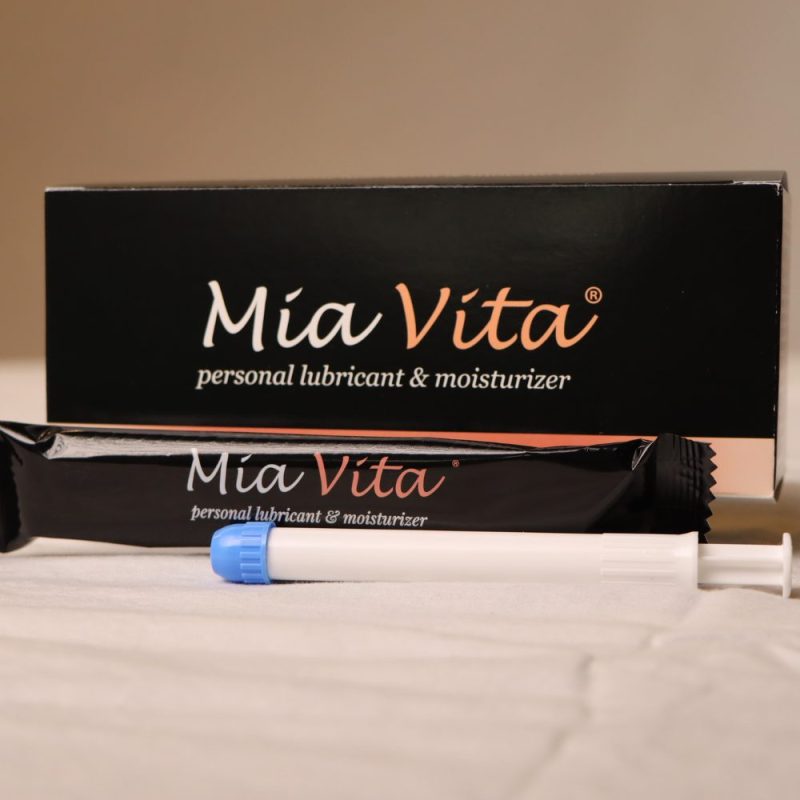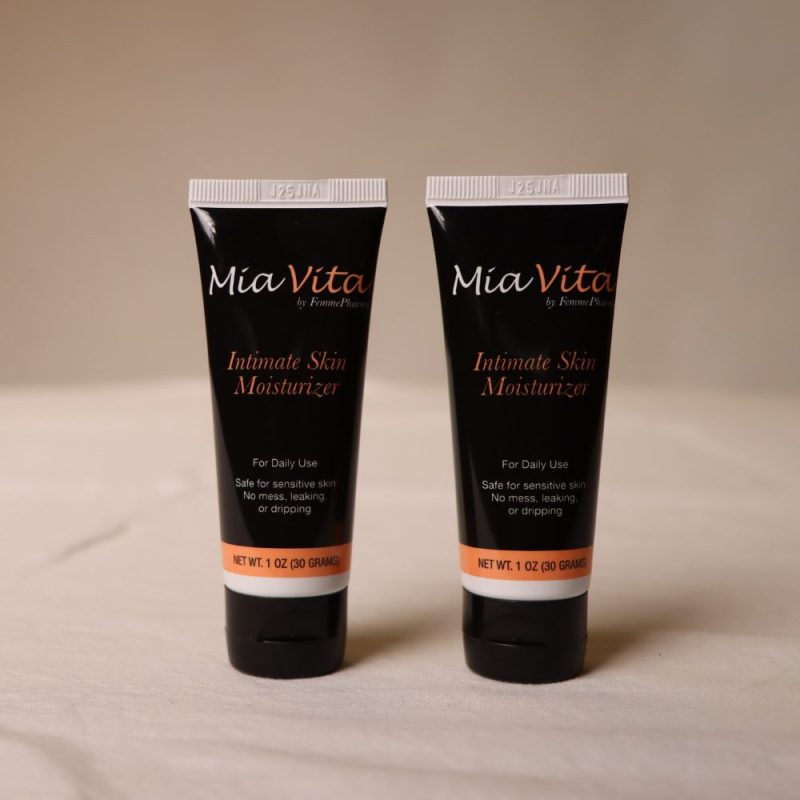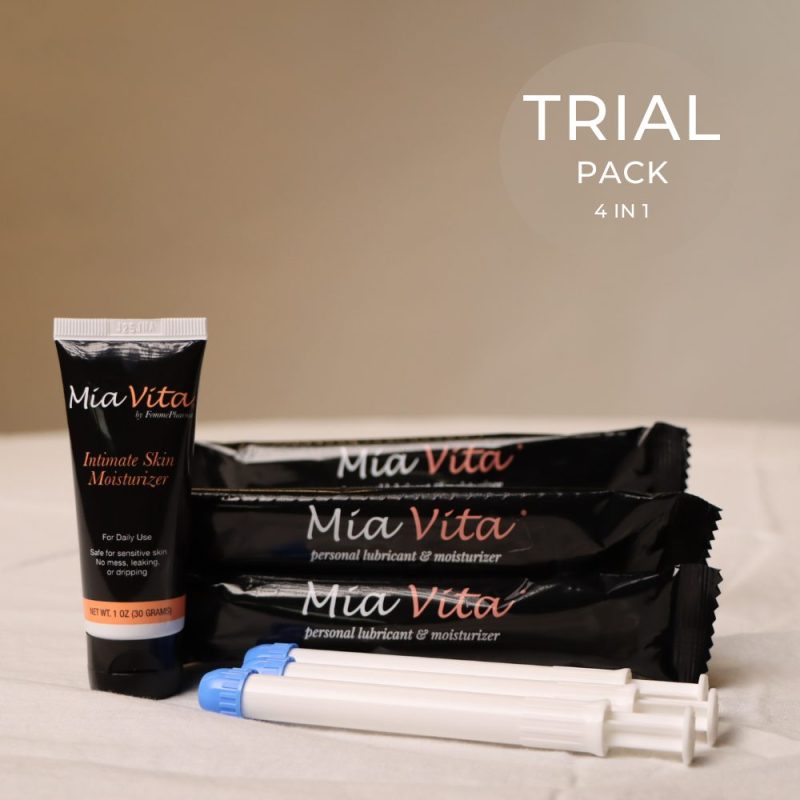We’re deep into those long winter months––the fun of the holiday season has passed, spring is still just a speck on the horizon, and it’s colder than ever. Unfortunately, along with the cold temps comes that icky winter dryness that can make our skin flakier than a burnt pie crust.
If you’re like a lot of women, your skin may feel extra dry this time of year–even if you normally don’t have concerns with dryness. Read on to learn how to get that supple bounce back into your complexion (and the rest of your body!).
How to prevent dry skin in winter
Before we dive into specifics, let’s talk prevention. Here are a few habits you can implement to lock in moisture and stop your skin from feeling so dry to begin with.
Drink lots of water
We get it––it’s hard to stay hydrated during the winter! It’s cold outside, and we’d rather cuddle up by the fireplace than go for a jog––and when we don’t move as much, we don’t feel as thirsty.
But drinking enough fluids is key to keeping our skin moisturized, looking good, and functioning properly––year-round.
The medical profession recommends that adults drink 8-15 cups of water per day, depending on gender and activity level. If you have trouble hitting this number, start with eight cups and work your way up. You could also try setting a reminder on your phone to refill your tumbler, or supplement your liquid intake in other ways, such as through drinking tea or broth.
Avoid long, hot showers and baths
It feels so good to step under the stream of a hot shower and bask in the steamy warmth…until, that is, we dry off and our skin is as dry and pruny as a raisin.
Cooling down the water temperature can help our skin stay hydrated and prevent additional moisture loss.
Don’t skip the sunscreen
Yes, the sun’s rays aren’t as strong this time of year, but UV rays can still penetrate your skin’s moisture barrier–particularly when reflected off the surface of snow. So make sure you’re slathering on the SPF 30 regularly—or keep it foolproof and use a makeup or moisturizer that has SPF already built in.
Adjust your typical skincare routine
Finally, it may be necessary to adjust your usual skincare routine when those colder temps set in––particularly if you’re prone to drier skin this time of year. Here’s how to do it.
Best skincare routine for winter
Skip (or reduce) the harsh products
If you’re someone who normally uses soap to wash your face, we recommend using a cleanser instead–especially when the air is drier. Look for a cleanser that contains calming ingredients like chamomile, vitamin B, and ceramides and hyaluronic acid.
If you use retinol or other skin treatments, you may need to use a smaller amount or apply it less often if your skin seems extra irritated.
Use a creamier moisturizer
Your skin needs extra TLC right now, and that may require using something a little richer and creamier than your light summer moisturizer. Look for products that contain hyaluronic acid to help seal in moisture. And be sure to layer your products in the right order for maximum effectiveness: serum, moisturizer, toner, treatments.
Note: You may be tempted to skip moisturizer altogether if you have oily or acne-prone skin, but don’t! Your skin still needs the right balance of oils, and using the right moisturizer helps with that. Just make sure you’re using products that are oil-free and non-comedogenic (won’t clog pores).
Show the rest of your skin some love, too
It’s easy to forget about the less noticeable parts of our skin like our lips, feet, and elbows. But these are the areas that tend to get extra dry right now, so be sure not to neglect them.
And don’t forget to include your sensitive intimate skin areas as part of your daily skincare routine! The Mia Vita® Gel helps provide relief from vulvar and vaginal itching, dryness, and burning.
By following the tips outlined above, your skin can start feeling smooth and supple again in no time!
FemmePharma has been helping women navigate menopause for over two decades. No matter where you are in your journey, you deserve to have knowledgeable, intimate healthcare partners to help you feel your best. Explore our other articles, podcast episodes with women’s health experts, and products to ease your transition into menopause.



